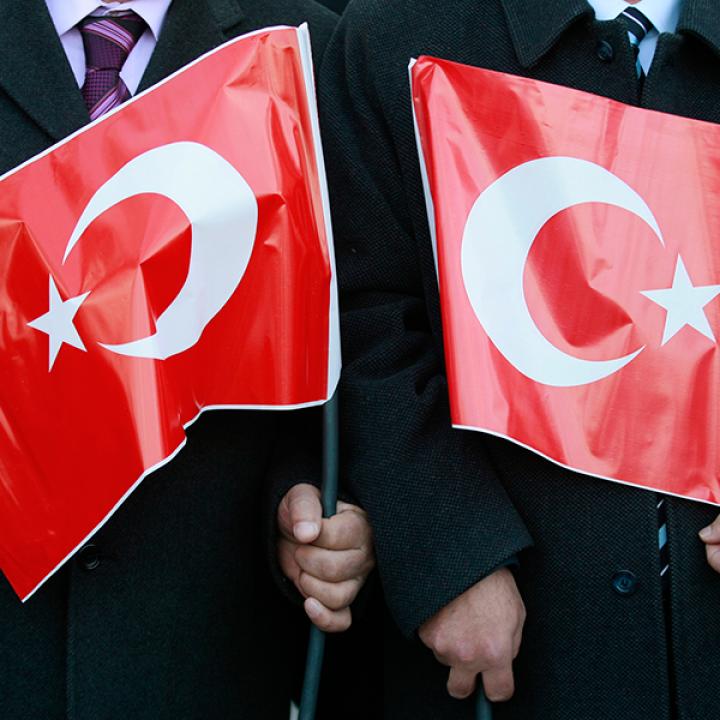

Deeply polarized and facing a growing roster of external and internal enemies, Turkey seems headed for rough waters in 2017, and its institutions may not be strong enough anymore to correct course.
Cipher Brief: Where do things stand in Turkey after the assassination of Russian Ambassador Andrey Karlov in Ankara this Monday?
Cagaptay: I think that the timing of the assassination is interesting, coming at a time of significant Turkish-Russian convergence in northern Syria. The two have been fighting a proxy war in Syria for nearly five years, in which Turkey supported the rebels and Russia supported the Assad regime. Ankara and Moscow fell deeper into conflict when Turkey downed a Russian fighter jet in November 2015, but Turkish-Russian relations have really picked up in the aftermath of the failed coup against President Erdogan this July. President Putin was the first foreign head of government, among the first, to call Erdogan to wish him well. And, feeling abandoned by the West, Erdogan took Russia's hand.
Of course, Erdogan had another reason to pursue a rapprochement with Russia, which was his desire to block Kurdish advances in Syria. In a way, the coup just provided the right setting for an accelerated normalization of ties. Now, the two countries have come to a convergence on Aleppo, where it seems to me that they have reached a soft partition deal in which Russia gets east Aleppo and Turkish-backed rebels get Idlib and the northern Aleppo countryside. This forms the basis of the deal that has seen rebel fighters and civilians in Aleppo evacuated to Idlib. In a way, Ankara has also become the voice of reason in Syria by stepping in to prevent what was going to become genocide in Aleppo, preventing the slaughter of tens of thousands. Nevertheless, there was this element of the subpartition of northern Syria...
Cipher Brief



